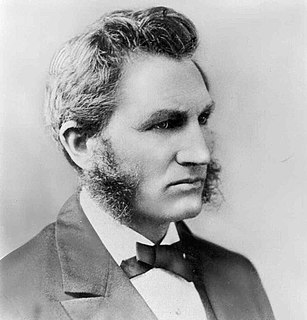A Quote by Peter Hitchens
Direct Grants, private schools which took huge numbers of state pupils, involved effective co-operation between state and private sectors - a thing all modern governments claim they want. So why were they abolished? And why aren't they now restored?
Related Quotes
The corporate State considers that private enterprise in the sphere of production is the most effective and useful instrument in the interest of the nation. In view of the fact that private organisation of production is a function of national concern, the organiser of the enterprise is responsible to the State for the direction given to production.































